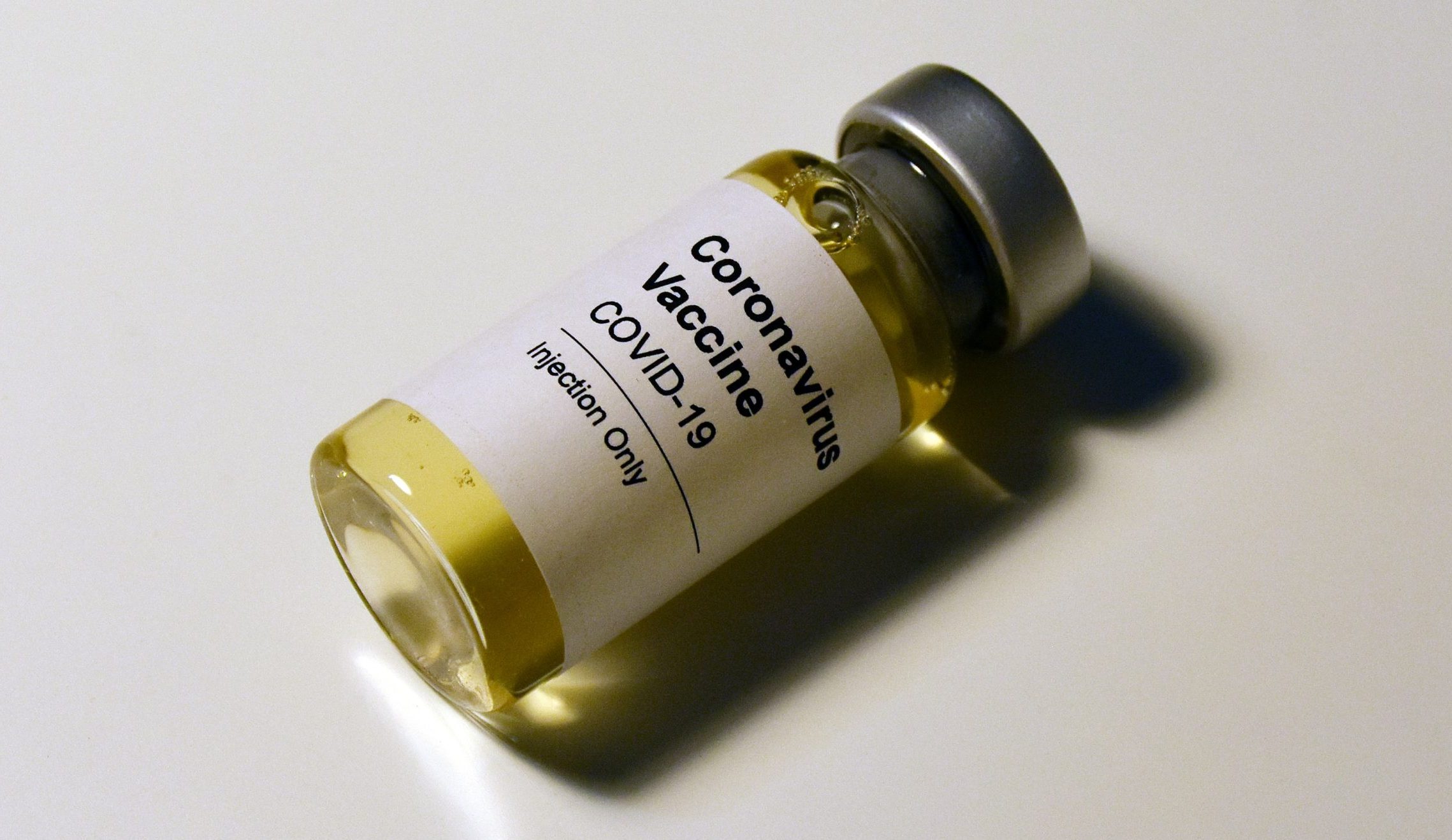Covid-19 has become an inadvertent measure of global economic disparities from a vaccination standpoint. Historical immunisation trends have revealed that Western and wealthy countries tend to receive the benefits of vaccines first, largely due to affordability and accessibility factors.
The eradication of polio set a historical precedent for future global immunisation trends. Czechia eradicated polio on a nationwide level two years before Sabin’s Oral Polio Vaccine (OPV) was even licensed for use in most industrialised countries. The vaccination trend then proceeded from the Global North to the Global South, beginning in Cuba, and achieving complete immunisation in North and South America by 1994, before Europe did in 2002. Today, the countries still facing the wild poliovirus are Afghanistan and Pakistan – countries that definitively fall into the Global South.
The implications of this trend reveal a concerning trend with regard to geopolitical immunisation capabilities, and more immediately, the global outlook of Covid-19 in the foreseeable future. The World Health Organisation passed a resolution in May 2020 emphasising global equitable access to Covid-19 drugs and vaccines, which was strongly backed by developing countries.
This is mainly because developing countries had already faced difficulties procuring first-line protection such as masks, medical supplies, and medical technologies necessary to deal with the Coronavirus at the beginning of the pandemic. Exacerbating the problem of availability was the problem of affordability – wealthier countries outbid small and underdeveloped nations for supplies that were becoming scarcer each day. The same concern now extends to vaccine procurement.
Taking the example of the Moderna vaccine, the question of affordability is immediate and striking – prices “range from $12-16 per dose in the US to around $35 per dose for other countries – putting protection out of reach for many people living in poverty,” Oxfam International reported.
Accessibility, the other side of the proverbial coin, is also alarmingly deficient. As of September 2020, the company was reported to only have the capacity in place to produce enough doses for 475 million people, or 6 percent of the world’s population. On a global scale, current vaccine trials come from five different institutions, and even assuming that all five vaccines work, nearly 61% of the world’s population will go without a vaccine until 2024 at least. The likelihood of fivefold success, however, is very slim. It is no great stretch of the imagination to predict that the countries last to be vaccinated will be the developing nations without the means to buy the vaccines as and when they are produced.
According to Ian Bremmer, a geopolitical risk analyst, 50% of the vaccines due to be produced in 2021 have already been spoken for by the European Union and five other rich countries, that altogether account for only about 13% of the world’s population. These figures reveal a profoundly dysfunctional world order that protects monopolies and pharmaceutical company profits, with a deeper underlying bias favouring the wealthy nations that house these corporations.
From a geopolitical perspective, Covid-19 vaccines and drugs have taken on a dual identity as national strategic assets that can affect a country’s place in the global pecking order. The line between cooperative public health versus competitive geopolitical systems denotes a new-era Space Race focused on developing and securing access to medical technologies. The interplay and strategic manoeuvring of several different entities – vaccine developers, states, and industrial actors acting within an international relations-governed framework have determined that global economic disparities are now synonymous with medical and health disparities.
Aside from the causal link of development and wealth determining global vaccination capabilities, vaccinations can in turn compound existing geopolitical-economic hierarchies. Vaccinated countries are better on track to resume economic functioning, and their return to pre-Covid production, while developing countries focus their scant resources on halting Covid, will only deepen existing fissures in economic disparity. There is likely to be an increase in developing nations’ debts to international lenders like the US, the EU, and China, who are incidentally the forerunners in vaccine technology.
There are really only two questions which answers determine universal health outcomes: Is this a time to profit? Will geopolitics prevail over public health?
2nd Year Politics Student at King’s College London






0 Comments